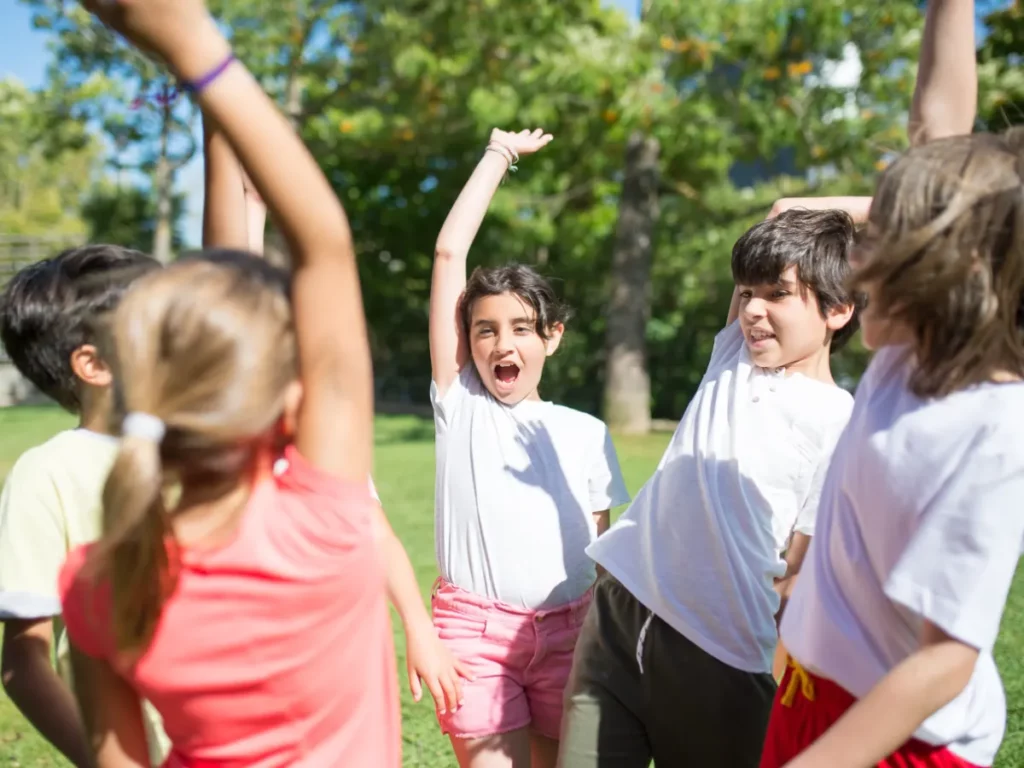Friends of Education

Friends of Education is a network of 38 Swiss-based education funders and governmental and international organizations, including the Jacobs Foundation.
The network was launched in 2020 to complement existing networks and test new ways to collaborate, peer-learn, and co-fund. Members meet quarterly.
In 2022, the group developed a first joint learning agenda to guide engagement. The learning agenda has two strands. The first tries to understand what works well and what the challenges are in building multistakeholder partnerships to effectively design, implement, and scale proven practices. The second strand is about learning together how to best take a holistic approach to education that addresses learning loss while strengthening children’s non-academic competencies.
The network aspires to shape the future of philanthropy and engage in advocacy.
Questions and learnings so far
Collaboration
How can we work with local stakeholders and intergovernmental organizations more effectively and supportively to collectively design, implement and scale the proven practices within the system?
Different Foundations take different approaches to engaging with government. Working directly with government requires skilful negotiation, trust building, and listening. An alternative is to engage with local organizations who can then talk to government. In both cases it is important to listen to local leadership and find a balance between their aims and those of the Foundation.
Foundations may have a desire to push for scaling programs for greater impact. But sometimes there could be more benefit to slowing down and focusing on making effective local changes.
Holistic approaches to learning
How can we address learning losses with a holistic approach, while also ensuring children’s other competencies are strengthened?
Holistic approaches to learning should be about developing the whole child. But sometimes a false dichotomy is presented, and there is the perception of a trade-off between literacy and numeracy skills on the one hand, and social and emotional skills on the other. There is no agreed universal definition of holistic learning, which can cause confusion and be a barrier to effective communication.
Introducing holistic learning approaches can be a challenge because learning systems and curricula are not always easy to change. Even where there are good examples of holistic approaches in action, there is the challenge of scaling. There are also practical barriers and technical complexities that may get in the way, but philanthropy can play a role in demonstrating how these practical problems can be addressed.
Reports supported by the network
Swiss Philanthropy for Education
The OECD Centre on Philanthropy published a report based on data from 19 Friends of Education members active in education in developing and developed countries. The report, which was developed for the network, provides information needed to explore points of synergies and facilitate collaboration. Read the report.
Identifying good practices in philanthropy
In collaboration with the Friends of Education network, Acasus is leading a project to identify effective practices to establish country coordination mechanisms in a broad set of geographies. A key objective is to develop findings and recommendations for philanthropic organizations, enabling them to more meaningfully and effectively engage in local education groups and at the country level.